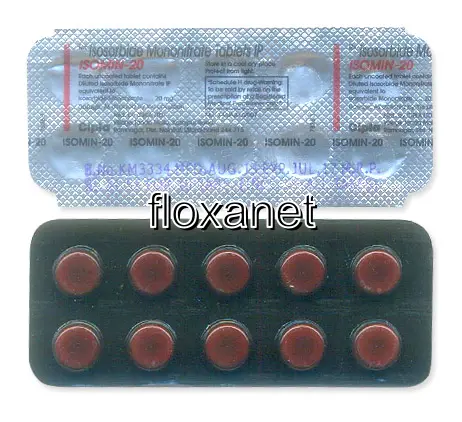| Package | Dosage | Price | Price per Dose | |
|---|---|---|---|---|
| Dosage: 20mg | ||||
| 360 pill | 20mg | NZD462.87 | NZD1.29 | |
| 180 pill | 20mg | NZD261.81 | NZD1.45 | |
| 120 pill | 20mg | NZD196.35 | NZD1.64 | |
| 90 pill | 20mg | NZD163.62 | NZD1.82 | |
| 60 pill | 20mg | NZD126.22 | NZD2.10 | |
| 30 pill | 20mg | NZD77.12 | NZD2.55 | |
| Dosage: 40mg | ||||
| 360 pill | 40mg | NZD605.47 | NZD1.68 | |
| 180 pill | 40mg | NZD315.58 | NZD1.75 | |
| 120 pill | 40mg | NZD212.72 | NZD1.78 | |
| 90 pill | 40mg | NZD168.30 | NZD1.87 | |
| 60 pill | 40mg | NZD123.88 | NZD2.08 | |
| 30 pill | 40mg | NZD67.77 | NZD2.29 | |

Isosorbide Mononitrate Description
Introduction to Isosorbide Mononitrate
Isosorbide Mononitrate is a medication commonly used to prevent chest pain or angina caused by coronary artery disease. It belongs to a class of drugs known as nitrates, which work by relaxing blood vessels and improving blood flow to the heart. This medication is often prescribed for individuals who experience frequent episodes of angina, helping to reduce the severity and frequency of symptoms.
How Does It Work?
The primary function of Isosorbide Mononitrate is to dilate the blood vessels in the cardiovascular system. It acts by releasing nitric oxide, a natural compound in the body that relaxes the smooth muscles in blood vessel walls. This vasodilation decreases the heart’s workload and the oxygen demand, making it easier for the heart to pump blood and reducing the likelihood of angina attacks.
Administration and Dosage
This medication is usually available in tablet form and is taken orally. The dosage depends on the patient's condition and response to treatment. Typically, it is taken once daily, either in the morning or as directed by a healthcare professional. It is important to follow the prescribed dose and schedule precisely to avoid potential side effects and to ensure the medication's effectiveness. Patients are advised not to stop the medication suddenly without medical consultation, as this could lead to a rebound in angina symptoms.
Effects and Benefits
Many users report a significant reduction in the frequency and intensity of angina attacks after consistent use of Isosorbide Mononitrate. It provides a reliable way to manage chest pain, especially in individuals with chronic coronary artery disease. Moreover, it helps improve overall quality of life by allowing patients to perform daily activities with less concern about chest discomfort. The medication also offers some protective benefits for the heart by ensuring better oxygen supply during episodes of increased cardiac stress.
Potential Side Effects
While Isosorbide Mononitrate is generally well-tolerated, some users may experience side effects. Common reactions include headaches, dizziness, flushing, or a feeling of lightheadedness. These symptoms typically diminish with continued use as the body adjusts to the medication. Less frequently, some individuals may experience low blood pressure, nausea, or allergic reactions. It is important to report any severe or persistent side effects to a healthcare provider promptly.
Precautions and Interactions
Patients should inform their healthcare professional about any other medications they are taking, especially other blood pressure medications or drugs that contain nitrates. Combining Isosorbide Mononitrate with certain medications can lead to dangerously low blood pressure or other adverse effects. Additionally, persons with certain medical conditions such as low blood pressure, severe anemia, or increased intracranial pressure should use this medication with caution. Limiting alcohol consumption is advised, as it can enhance the blood pressure-lowering effects of the drug and increase dizziness.
Final Review
Overall, Isosorbide Mononitrate is a valuable medication for managing angina. It has been proven effective in reducing chest pain and improving heart health in many patients. However, like all medicines, it must be used responsibly under medical supervision to maximize benefits and minimize risks. Proper adherence to dosing instructions and regular medical check-ups are essential components of treatment with this drug. With the right management, individuals suffering from angina can experience improved symptom control and a better quality of life.